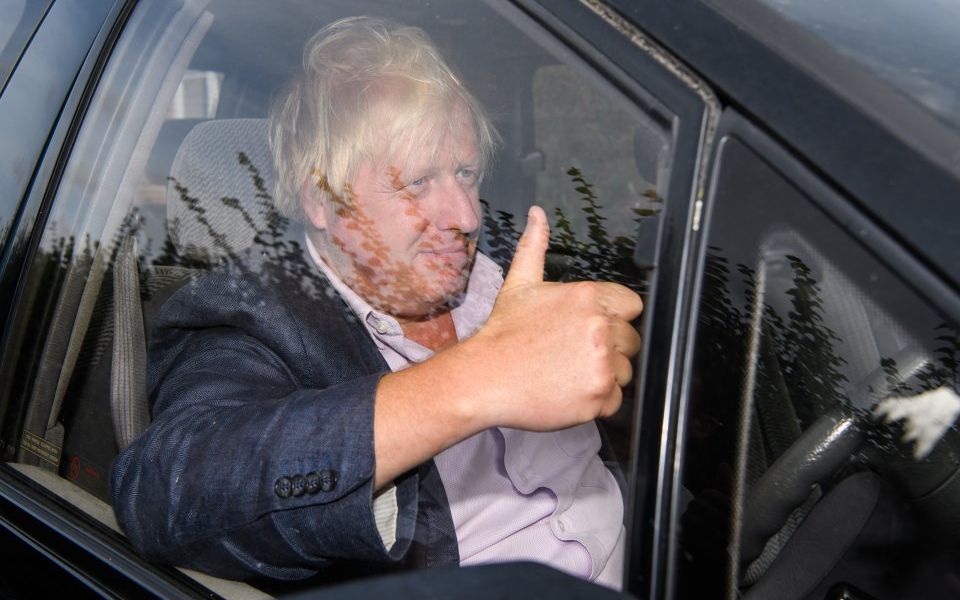Brexiter big beasts herald Economists for Free Trade report

Brexiter big beasts Boris Johnson, Jacob Rees-Mogg, David Davis and Iain Duncan Smith were among a slew of MPs to endorse a new report claiming the UK could be as much as £1.1 trillion better off under a so-called World Trade Deal.
The report, by the pro-Leave Economists for Free Trade, was launched by Rees-Mogg alongside EFT chairman and economist Patrick Minford and senior lawyer Martin Howe. It claims that under a no deal scenario the UK's economy would receive a £1.1 trillion boost over 15 years, thanks to benefits such as food prices falling under abolished tariffs.
Read more: Boris and Brexit to dominate party conference season… again
Ahead of the launch Rees-Mogg, who heads up the European Research Group, noted that exports from non-EU states had grown four times the pace of the UK, despite being excluded from the Single Market.
"Let Brexit mean Brexit and let us flourish under the auspices of the WTO," he said.
Speaking this afternoon, the North East Somerset MP added: "We have nothing to fear except fear itself."
After that, Brexiters can make the positive case for a free trade deal, which he suggested would be better than the WTO only for the benefits of good ongoing relations.
He praised Johnson and Davis for resigning over the Prime Minister's Chequers proposal – to cheers of "hear hear" from other attendees.
Former Brexit minister Steve Baker, who also has a leading role within the ERG, told reporters most economists were "useless" – apart from those in the room. He urged optimism about opportunities that would be afforded to the UK if it were able to operate under a free trade deal, rather than Chequers.
Read more: Banking bosses slam equivalence as 'insufficiently load-bearing'
Minford blasted Theresa May's preferred route as political "vassalage", although conceded that economically it would result in "the status quo".
Despite attempting to avoid questions for much of the launch, including ones about his leadership ambitions, Johnson said it would be "substantially worse than the status quo".
MPs steadfastly refused to discuss the leadership implications of their challenge to May's proposals.
Rees-Mogg, who has long stressed that he was not seeking to depose the Prime Minister, pointed to the Fixed-Term Parliaments Act, insisting that if Chequers were rejected in the Commons that would "not be a vote of confidence".
"We can vote down the bad Chequers proposals on Monday and support the government in a vote of confidence on Tuesday," he said. "They are clear, separate things. And trying to align them is, I think, a mistake. So we can carry on supporting the Prime Minister, but we can oppose this policy until it’s changed or collapses."
"Isn’t the future of this country about more than personalities?" Baker said. "I personally do not really mind who the Prime Minister of the United Kingdom is as long as they do good old-fashioned liberal things that I agree with. So this debate, forgive me, is not about who is Prime Minister of this country. It’s about what the policy ought to be."